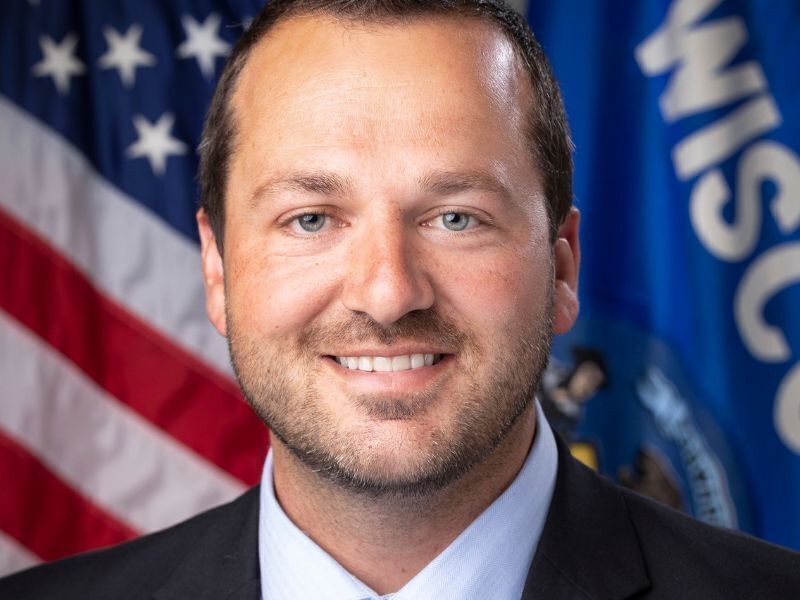MADISON, WI -- Senator Romaine Robert Quinn (R-Cameron) is proud that his bill to create a pre-disaster flood resilience grant program was signed into law this week.
Senate Bill 222, now Wisconsin Act 265, requires Wisconsin Emergency Management to provide grants for projects aimed at identifying and improving flood vulnerabilities and resilience priorities in communities.
“We in the north are all too familiar with flooding, which is one of the most frequent and costly natural disasters in Wisconsin,” Quinn said. “State programs addressed previous disasters with a focus on clean up and repairs after flooding, only to see the same culverts destroyed and the same roads washed out year after year. A new approach was needed.”
Quinn worked with a diverse array of organizations to introduce and pass the new measure, which will help prepare for and address flooding threats before they happen. Organizations that supported the bill include the Wisconsin Wetlands Association, Wisconsin Towns Association, Wisconsin Trout Unlimited, and Audubon Great Lakes.
“We want to encourage natural flood management, allowing the land to capture, store, and slowly release runoff,” Quinn said. “These techniques will achieve the dual purposes of restoring wetlands and reducing flooding.”
The program will provide up to $300,000 per assessment grant and $250,000 per implementation grant to be made available to cities, villages, towns, counties, regional planning commissions, or tribes to plan and perform interventions to make the landscape more flood resilient. Grants must go to areas that have been designated as areas of flood disasters or flood emergencies, or to areas that have written and state-approved flood hazard mitigation plans.
“Now that the bill has become law, communities ready to apply can serve as a model for how to use wetlands to promote natural flood resilience techniques,” Quinn said. “If projects are successful we can work to replicate that model in more communities across the state, which will save money and make our state safer and cleaner.”
Last Update: Apr 05, 2024 7:18 am CDT
















